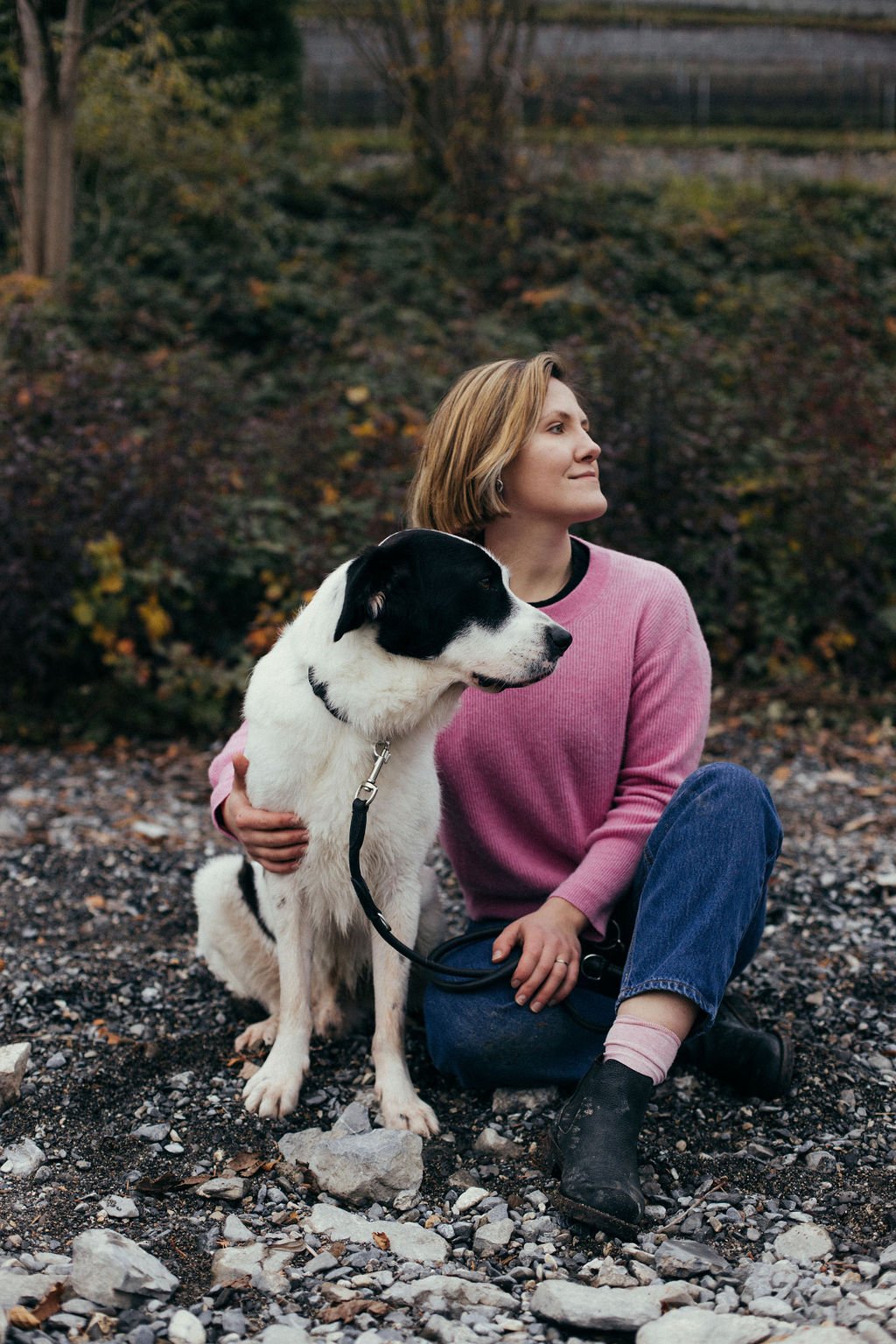Dog training for reactive dogs
Every dog is a good dog. Let me help you explore your dog’s potential.
Is your dog getting nervous around other dogs or humans?
Do you get nasty comments about your dog’s behavior?
Do you see that your dog feels insecure but don’t know how to help them?
Are your no longer looking forward towards your everyday walks?
You no longer can invite friends to your house?
Do you avoid busy places or never go out on “rush hours”?
Are you scared of your dog?
Maybe, you have thoughts on giving your dog for adoption because you can’t deal with it anymore?
Let’s start with a call. We discuss your problems and see how I could help. I have education and expertise working with dogs showing problematic behaviors.
I feel you
I’ve had a long journey with my own dog, Dias. He would bark at every single dog we meet and often lunge at humans. Yes, he would also become crazy when a scooter passes us by or if we see a cat. At those moments he could also redirect at me and bite. Let me be honest with you: a few years ago, every question from the list above would probably make me cry.
Understanding how you feel is crucially important for our success. We won’t only focus on technical dog training exercises: I will help you become a better human for your dog.
Step by step
I can say it right away: there is no quick fix. Training takes time. Transformation needs patience.
For example, we’ve reached about 95% of our goals with Dias in 3 months from trying out the new approach. The rest 5% is still work in progress and I’ve been staying on it for the last years. We still have some challenges, and we're still making progress. You may need 4 weeks or 4 months to see the results you expect, — it depends on many factors.
magic explained
We use both motivation and interruption because that’s how dogs learn. When a dog did what we’ve asked them of, we praise them. If a dog made a mistake, we let them know about this and give another chance.
I work without harsh physical corrections. We won’t hurt your dog and I would never tell you to push them to the ground. Of course, we don’t use any equipment that is forbidden by the Swiss authorities such as shock or choke collars.
Crucial to understand here: dogs don’t do things to piss you off — they do it because they think it’s the best way to get what they want. There are many self-rewarding behaviors that make dogs repeat a strategy over and over again. Our job is to show them that these strategies (like barking in your garden at every human passing by) are leading to unpleasant results, and there are other strategies they can use that lead to pleasant / neutral results.
Very often we add some mindset work to help you become more confident and be able to lead your dog (and yourself!) through challenging situations.
Ready for a change? Book your free introduction call now.




